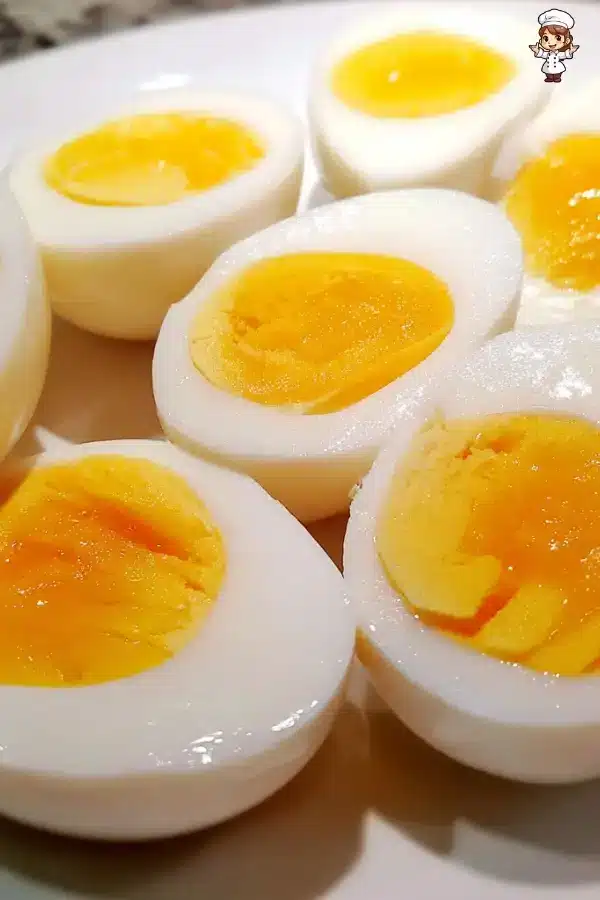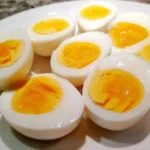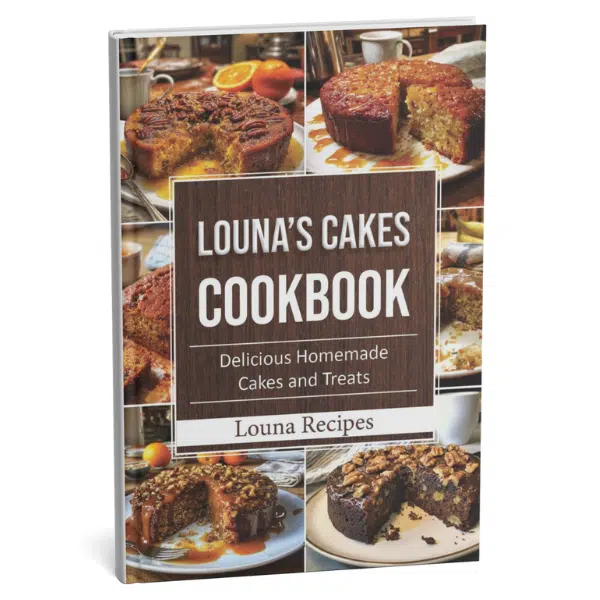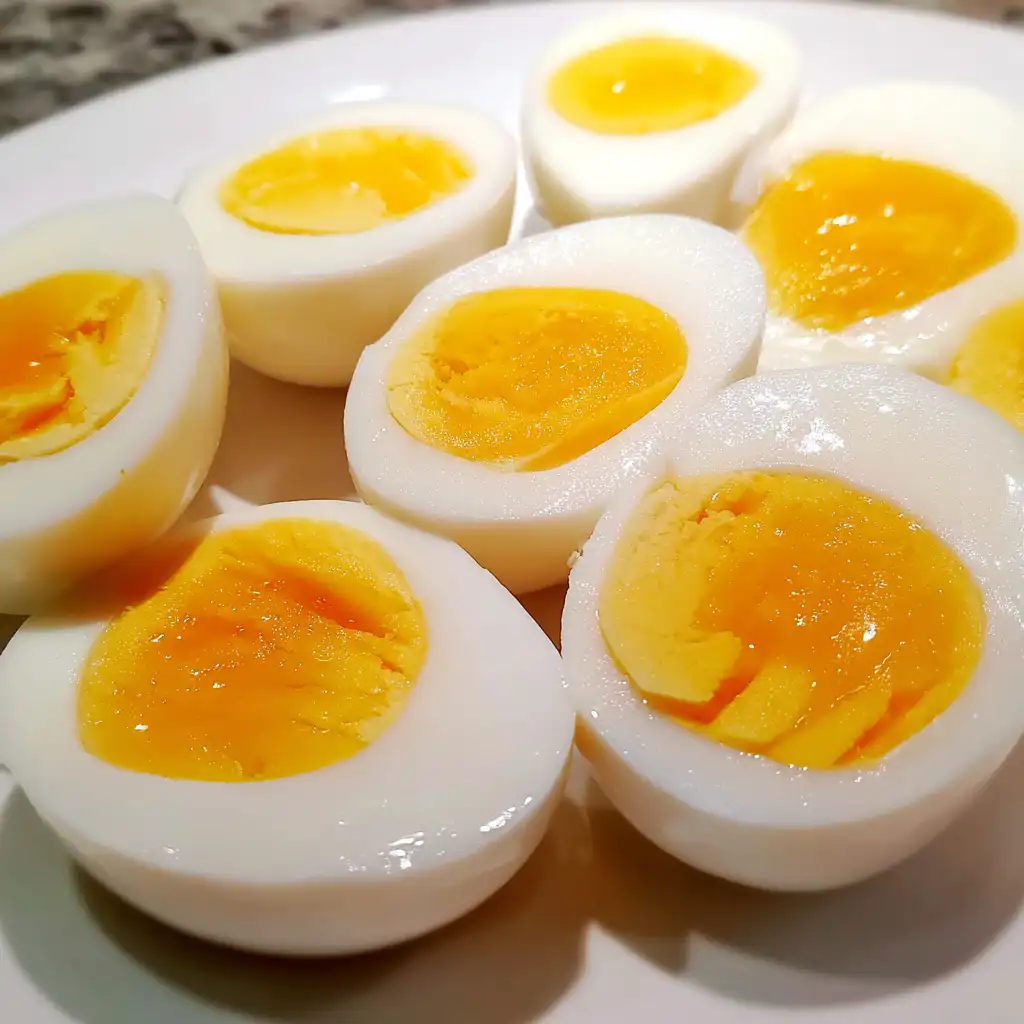Perfectly boiled eggs are a delightful treat that can be enjoyed in many ways. They are eggs that have been cooked in boiling water until they reach the desired level of doneness. Whether you prefer them soft, medium, or hard-boiled, the key is to achieve that perfect texture and flavor. Soft-boiled eggs have a runny yolk, while hard-boiled eggs have a firm yolk. Medium-boiled eggs fall somewhere in between, offering a slightly creamy center.
These eggs are not only delicious but also packed with nutrients. They are a great source of protein, vitamins, and minerals. Perfectly boiled eggs can be enjoyed on their own, added to salads, or used in sandwiches. They are versatile and can fit into any meal, making them a staple in many kitchens.
Cooking eggs to perfection may seem simple, but it requires attention to detail. The cooking time, temperature, and cooling process all play a crucial role in achieving the ideal boiled egg. With the right technique, you can master the art of boiling eggs and impress your family and friends with your culinary skills.
In this article, we will guide you through the ingredients, preparation steps, and tips for making perfectly boiled eggs. You’ll learn how to adjust cooking times based on your preferences and discover variations to suit your taste. So, let’s dive into the world of perfectly boiled eggs and unlock the secrets to this classic dish!
Ingredients for Perfectly Boiled Eggs
To create perfectly boiled eggs, you need just a few simple ingredients. Here’s what you’ll need:
- Fresh eggs: 4 large eggs are ideal for this recipe. Fresh eggs yield the best flavor and texture.
- Water: Enough to cover the eggs in the pot. Cold water is essential to start the cooking process evenly.
- Salt: A pinch of salt is optional. It can help with peeling the eggs later and adds a bit of flavor.
When selecting your eggs, look for ones that are clean and free from cracks. Fresh eggs are best for boiling, as they tend to have firmer whites and yolks. If you have eggs that are a few days old, they can also work well, especially for easier peeling.
Using the right amount of water is crucial. You want to ensure that the eggs are fully submerged, with about an inch of water above them. This helps them cook evenly and prevents any from sticking to the bottom of the pot.
Now that you have your ingredients ready, you’re one step closer to enjoying your perfectly boiled eggs. Let’s move on to the preparation steps!
Preparation of Perfectly Boiled Eggs

Step 1: Gather Your Ingredients
Before you start cooking, it’s important to gather all your ingredients. You’ll need four large fresh eggs, enough cold water to cover them, and a pinch of salt if you choose to use it. Having everything ready will make the process smoother and more enjoyable.
Step 2: Choose the Right Pot
Select a pot that can hold all the eggs in a single layer. This is crucial for even cooking. A pot that is too small may cause the eggs to bump against each other, leading to cracks. A medium-sized pot is usually perfect for boiling four eggs.
Step 3: Add Water to the Pot
Once you have your pot, place the eggs gently inside. Next, fill the pot with cold water until the eggs are fully submerged. Make sure there’s about an inch of water above the eggs. This extra water helps ensure they cook evenly and prevents any sticking.
Step 4: Bring Water to a Boil
Now it’s time to heat things up! Place the pot on the stove over medium-high heat. Keep an eye on it as the water heats up. You want to bring it to a rolling boil, which means big bubbles should be breaking the surface. This is the point where the cooking magic begins!
Step 5: Add the Eggs Carefully
Once the water is boiling, it’s time to add the eggs. Use a slotted spoon to lower them gently into the pot. This helps prevent any cracks from forming. Be careful not to drop them in too quickly, as that can cause the eggs to crack against each other.
Step 6: Set a Timer for Cooking
After adding the eggs, cover the pot with a lid and remove it from the heat. Now, set a timer based on how you like your eggs. For soft-boiled eggs, let them sit for 4-6 minutes. For medium-boiled, aim for 7-9 minutes. If you prefer hard-boiled eggs, wait for 10-12 minutes. Timing is key to achieving perfectly boiled eggs!
Step 7: Prepare an Ice Bath
While the eggs are cooking, prepare an ice bath. Fill a bowl with cold water and ice cubes. This will help stop the cooking process once the eggs are done. It also makes peeling them much easier. So, don’t skip this step!
Step 8: Transfer Eggs to Ice Bath
When your timer goes off, it’s time to act quickly! Use a slotted spoon to transfer the eggs from the pot to the ice bath. Let them sit in the cold water for about 5-10 minutes. This cooling period is essential for perfectly boiled eggs, as it helps them firm up and makes peeling a breeze.
Tips for Achieving Perfectly Boiled Eggs
Tip 1: Use Fresh Eggs
Using fresh eggs is one of the best ways to ensure you get perfectly boiled eggs. Fresh eggs have firmer whites and yolks, which helps them hold their shape during cooking. When you crack a fresh egg, you’ll notice that the yolk sits high and the white is thick. This quality makes for a better texture and flavor. If you can, choose eggs that are no more than a week old for the best results.
Tip 2: Adjust Cooking Time for Desired Doneness
Cooking time is crucial when it comes to achieving perfectly boiled eggs. Depending on how you like your eggs, you can adjust the cooking time. For soft-boiled eggs, aim for 4-6 minutes. If you prefer a medium-boiled egg, set your timer for 7-9 minutes. For hard-boiled eggs, stick to 10-12 minutes. Remember, the longer you cook them, the firmer the yolk will be. So, keep an eye on the clock to get your desired doneness!
Tip 3: Crack Eggs Before Boiling for Easier Peeling
If you often struggle with peeling boiled eggs, try cracking them gently before boiling. This technique allows water to seep in between the shell and the egg, making it easier to peel later. Just tap the eggs lightly on a hard surface to create small cracks. However, be careful not to crack them too much, or they might break apart during cooking. This simple trick can save you time and frustration when it comes to peeling your perfectly boiled eggs!
Variation: Different Styles of Perfectly Boiled Eggs
Soft-Boiled Eggs
Soft-boiled eggs are a delightful option for those who enjoy a creamy yolk. To achieve this style, follow the cooking times closely. After bringing the water to a boil, let the eggs sit in the hot water for 4-6 minutes. The result will be a tender white and a luscious, runny yolk that can be enjoyed on toast or in a bowl of ramen.
For the best experience, serve soft-boiled eggs immediately after cooking. You can place them in egg cups and use a spoon to gently tap the top, creating a perfect opening. This makes for a fun and interactive way to enjoy your meal. Soft-boiled eggs are not only tasty but also visually appealing, making them a great addition to brunch or breakfast dishes.
Hard-Boiled Eggs
Hard-boiled eggs are a classic choice, perfect for salads, sandwiches, or as a quick snack. To make hard-boiled eggs, follow the same initial steps of boiling the water. Once boiling, let the eggs sit for 10-12 minutes. This will ensure that the yolk is fully set and the egg white is firm.
After cooking, remember to transfer the eggs to the ice bath. This cooling process helps prevent the greenish ring that can form around the yolk when eggs are overcooked. Hard-boiled eggs can be stored in the refrigerator for up to a week, making them a convenient option for meal prep. You can enjoy them plain, or slice them up for a delicious egg salad or deviled eggs.
Both soft-boiled and hard-boiled eggs offer unique flavors and textures. Experimenting with these variations allows you to find your perfect style of boiled egg. Whether you prefer the runny yolk of a soft-boiled egg or the firm texture of a hard-boiled egg, mastering these techniques will elevate your cooking skills and delight your taste buds!
FAQs About Perfectly Boiled Eggs
How long should I boil eggs for perfect results?
The cooking time for perfectly boiled eggs depends on how you like your yolks. For soft-boiled eggs, aim for 4-6 minutes. If you prefer medium-boiled eggs, set your timer for 7-9 minutes. For hard-boiled eggs, stick to 10-12 minutes. Remember, the longer you cook them, the firmer the yolk will be. So, keep an eye on the clock to achieve your desired doneness!
What is the best way to peel perfectly boiled eggs?
Peeling perfectly boiled eggs can be tricky, but there are a few tips to make it easier. First, try peeling the eggs under running water. This helps loosen the shell and makes it easier to remove. Additionally, using eggs that are a few days old can also help, as they tend to peel more easily than fresh eggs. If you cracked the eggs before boiling, this can also aid in the peeling process.
Can I boil eggs straight from the fridge?
Yes, you can boil eggs straight from the fridge! However, it’s best to let them sit at room temperature for about 10-15 minutes before boiling. This helps prevent cracking when they hit the hot water. If you prefer to boil them directly from the fridge, just be cautious and lower them gently into the boiling water to avoid any cracks.
How do I store perfectly boiled eggs?
To store perfectly boiled eggs, keep them in their shells and place them in the refrigerator. They can last up to one week when stored this way. If you’ve already peeled them, store the eggs in a covered container with a damp paper towel to keep them moist. This will help prevent them from drying out. Enjoy your boiled eggs as a quick snack or add them to your favorite dishes!
Print
Perfectly boiled eggs
- Total Time: 15-20 minutes
- Yield: 4 eggs
- Diet: Vegetarian
Description
A comprehensive guide to mastering the art of cooking perfectly boiled eggs, including techniques for soft, medium, and hard-boiled variations.
Ingredients
- Fresh eggs: 4 large eggs
- Water: Enough to cover the eggs in the pot
- Salt: A pinch (optional)
Instructions
- Gather your ingredients.
- Choose the right pot that can hold all the eggs in a single layer.
- Add cold water to the pot until the eggs are fully submerged.
- Bring the water to a rolling boil over medium-high heat.
- Add the eggs carefully using a slotted spoon.
- Cover the pot and set a timer based on your desired doneness.
- Prepare an ice bath while the eggs are cooking.
- Transfer the eggs to the ice bath when the timer goes off and let them sit for 5-10 minutes.
Latest Amazon Finds
Notes
- Use fresh eggs for the best flavor and texture.
- Adjust cooking time based on how you like your eggs.
- Cracking eggs before boiling can help with peeling.
- Prep Time: 5 minutes
- Cook Time: 10-12 minutes
- Category: Breakfast
- Method: Boiling
- Cuisine: Global
Nutrition
- Serving Size: 1 egg
- Calories: 68
- Sugar: 0.6g
- Sodium: 62mg
- Fat: 4.8g
- Saturated Fat: 1.6g
- Unsaturated Fat: 2.6g
- Trans Fat: 0g
- Carbohydrates: 0.6g
- Fiber: 0g
- Protein: 6g
- Cholesterol: 186mg
Keywords: boiled eggs, cooking eggs, soft-boiled, hard-boiled, egg recipes








